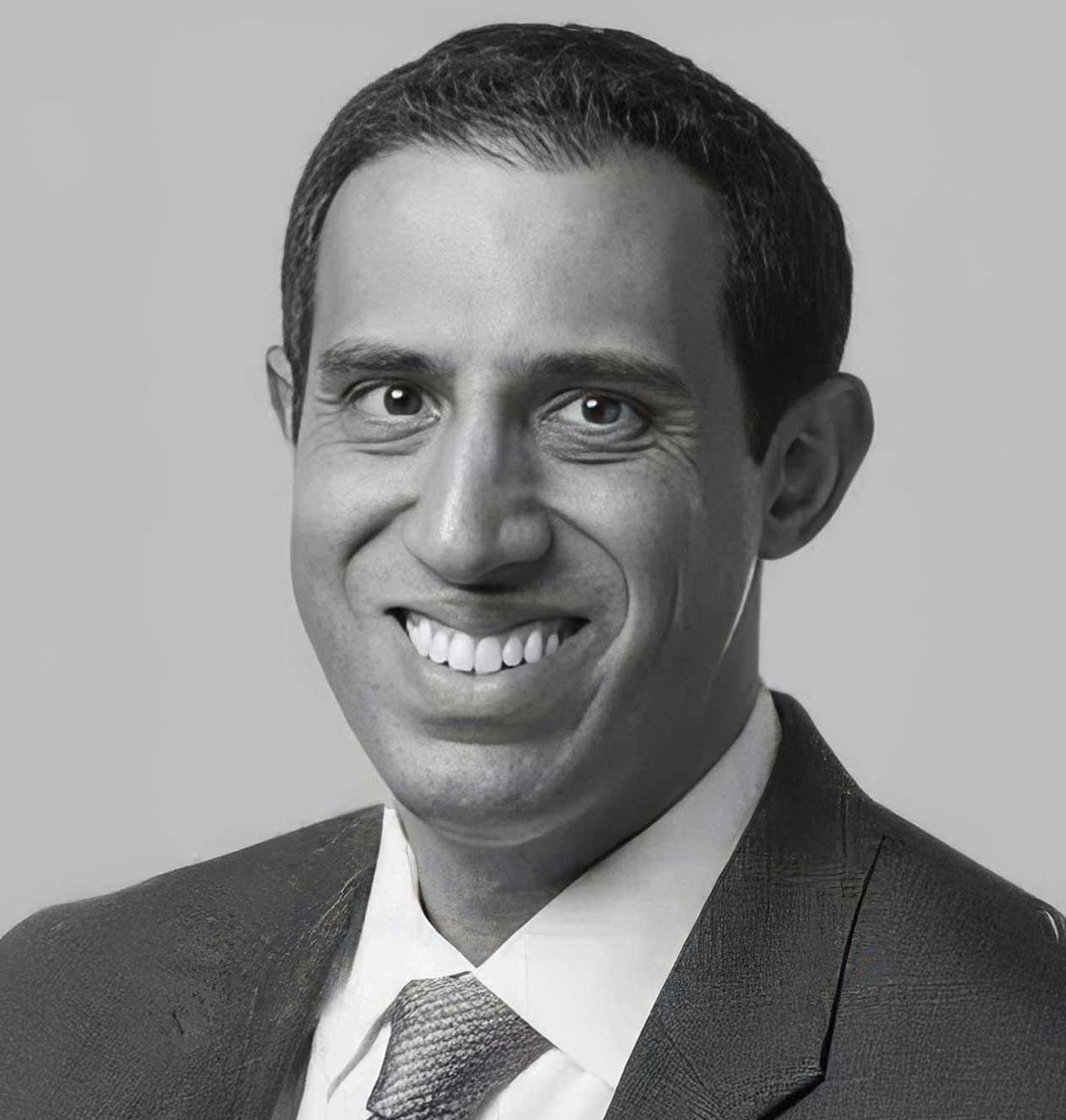Share Your Story with Trial Lawyer’s Journal
Trial Lawyer’s Journal is built on the voices of trial lawyers like you. Share your journey, insights, and experiences through articles, interviews, and our podcast, Celebrating Justice.
Stay Updated
Sign up for our newsletter to get the latest from TLJ.
What is Attorney-Client Privilege?
Attorney-client privilege is a legal principle that protects confidential communications between a lawyer and their client. It ensures that anything discussed privately for the purpose of legal advice cannot be disclosed to others without the client’s permission.
This privilege encourages open, honest communication—so that attorneys can give fully informed legal guidance without the risk of sensitive information being exposed.
How does attorney-client privilege work?
Attorney-client privilege applies when a client seeks legal advice from a licensed attorney, and the communication is intended to be private. It generally protects both oral and written conversations, including emails, phone calls, and in-person discussions.
However, the privilege can be lost if the communication is shared with third parties or if the conversation doesn’t involve legal advice.
Covers legal advice only, not general business or personal discussions.
Applies to confidential communications, not public or shared information.
Belongs to the client, who alone can waive it.
Can be lost if the client shares privileged info with others (known as “waiver”).
What are the exceptions to attorney-client privilege?
While the privilege is strong, it isn’t absolute. Courts may compel disclosure in limited circumstances—especially if the communication was used to commit a crime or fraud. This is known as the crime-fraud exception.
Privilege also doesn’t apply if the client is seeking advice to further illegal actions or if the communication involves non-legal advice (such as PR or business strategy).
Crime-fraud exception: No privilege if the advice helps commit a crime or fraud.
Third-party involvement: Privilege is waived if unrelated parties are included.
Non-legal services: Discussions outside the scope of legal advice aren’t protected.
Future vs. past crimes: Privilege may still apply to advice about past misconduct, but not to planning future illegal acts.
Does attorney-client privilege apply in personal injury cases?
Yes. In personal injury cases, attorney-client privilege is especially important when discussing medical records, accident details, settlement strategy, or legal advice related to the claim. It helps ensure your lawyer can guide you honestly and effectively.
Be cautious, though—discussing your case with others (even friends or on social media) may undermine the protection.
Covers conversations about medical records, liability, and settlement strategy.
Extends to law firm staff like paralegals and legal assistants.
Does not protect statements made to insurance companies unless your lawyer is present and the communication is privileged.
Avoid discussing your case publicly, as it may waive privilege protections.
Can attorney-client privilege be waived?
Yes, the client can waive the privilege—either intentionally or accidentally. For example, forwarding a privileged email to someone outside the legal team may constitute a waiver. Once privilege is waived, courts may allow the opposing side to access those communications.
Attorneys are ethically bound to maintain confidentiality, but clients should also be careful not to jeopardize privilege by oversharing.
Only the client can waive privilege, not the attorney.
Waiver can be accidental, like copying a third party on an email.
Partial waivers may lead to broader disclosure, depending on the court.
Discuss any potential disclosures with your lawyer before sharing sensitive info.
Conclusion
Attorney-client privilege is one of the most powerful protections available in the legal system. It gives clients the confidence to speak freely with their lawyers, knowing that sensitive information won’t be used against them. In personal injury claims, this privilege is essential for building a strong, honest, and strategic case.
What is attorney-client privilege?
Attorney-client privilege is a legal rule that protects private communications between a client and their attorney. It prevents attorneys from disclosing those conversations without the client’s consent.
Does attorney-client privilege protect all conversations with a lawyer?
No. The privilege only covers communications made in confidence for the purpose of legal advice. It doesn’t apply to general business advice or casual conversations.
Can I accidentally waive attorney-client privilege?
Yes. Sharing privileged information with third parties—like friends, family, or colleagues—may waive the protection and make those communications discoverable in court.
Is attorney-client privilege the same as confidentiality?
Not exactly. Confidentiality is an ethical duty that applies broadly to everything a lawyer learns from a client, while privilege is a legal rule that protects specific communications from being disclosed in court.
Featured Articles
-
Glossary
What is a Demurrer Judgment?
What is a Demurrer Judgment? A Demurrer Judgment is a court ruling issued after a defendant files a demurrer, arguing that the plaintiff’s complaint.
-
Glossary
What is the TPPRA?
What is the TPPRA? The TPPRA, or Third Party Payor Recovery Act, is a legal statute—most notably used in states like Texas—that gives third-party.
-
Glossary
What are Jury Instructions?
What are Jury Instructions? Jury instructions are the formal legal directions given by a judge to the jury before deliberation in a trial. These.
Explore our Contributors
Discover Next
Insights from Experts
Learn from industry experts about key cases, the business of law, and more insights that shape the future of trial law.







